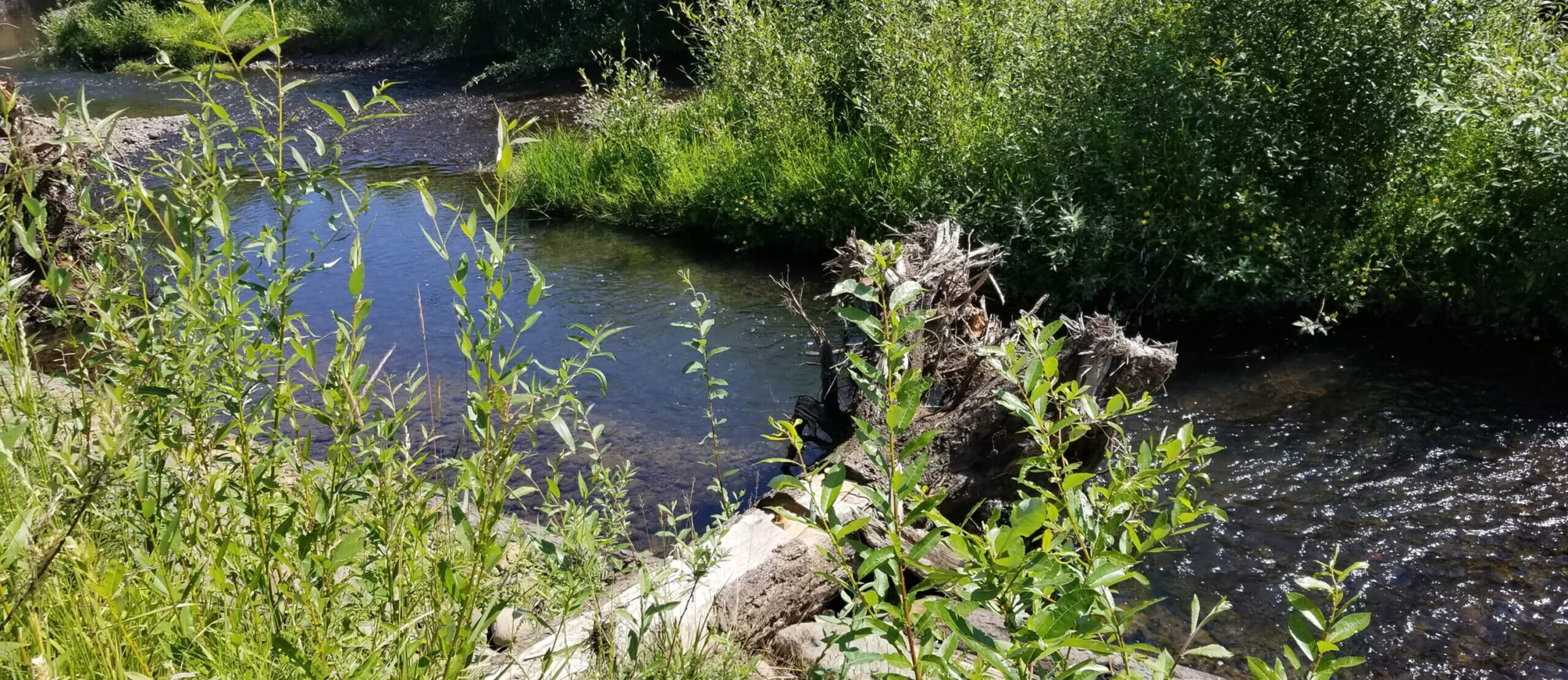Clackamas Soil and Water Conservation District staff recently attended a soil solarization field day at the J. Frank Schmidt Nursery in Boring, Oregon. This event, sponsored by Oregon State University, gave producers and others interested in this technique a short course for combating weeds and plant pathogens. Research trials are currently underway in Mima, Washington and Yamhill, Oregon as well.

Blue booties on the feet of Conservation Specialist Scott Eden prevent introduction of pathogens into a clean field.
Soil solarization uses thin, clear, plastic film to cover bare fields for a number of weeks during the summer. Heat builds up in the soil surface killing weed seed as well as reducing the level of harmful plant pathogens such as Phytophthora, a fungus that lives in soil.
Attendees visiting the research trail at the nursery in Boring learned about the findings from the multi-year study. The trail showed a significant reduction in weeds and pathogens as well as an increase in plant health and growth without the use of chemical fumigation. Our team of conservation professionals is always looking for ways to decrease weeds, reduce herbicide and pesticide use, and improve soil health. This technique holds promise for all three of these conservation priorities.
The workshop hosts presented their findings from a multi-year soil solarization trial in their seedling beds to combat weeds and plant pathogens (micro-organisms that cause disease) without the use of chemical fumigation. Soil solarization employs the use of thin, clear plastic film to cover empty beds during the summer. This heats the soil surface and reduces the viability of the weed seed bank as well as the level of harmful plant pathogens such as Phytophthora, a fungus that lives in soil and can harm trees and ornamental plants.
This new method for nursery producers is certainly welcome news for the Oregon nursery industry which is one of the leading producers of ornamental plants in the United States. Trees and shrubs from Oregon must be pathogen-free to pass inspection for shipping across the country. Having another tool to control pathogens like Phytophthora without using chemical fumigation is a step in the right direction.



